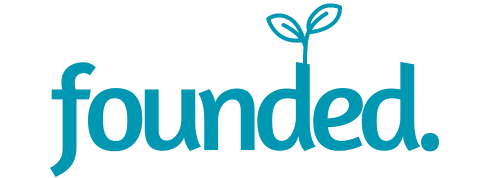Building a $10 million brand
First Year Revenue | $12,000
Established | 2014
Current Valuation | $10 million
Founders | 1
Hi, my name is Sarah and I am the founder of Reclaim.
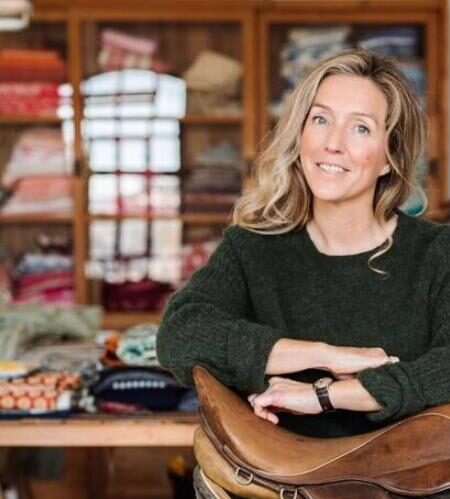
What is Reclaim?
Reclaim is a business on a mission to change the way people look at luxury fashion. Luxury fashion generates an insane amount of waste and manufactured scarcity and what Reclaim does is take that waste and create genuine scarcity because we only make one of each product. In terms of luxury, we are the most exclusive product out there because very few luxury brands focus on one-of-a-kind pieces.
Throughout this conversation, you will see a person dedicated to their mission and not overall profits, in our capitalist world of today that is a rare trait to find in a founder.
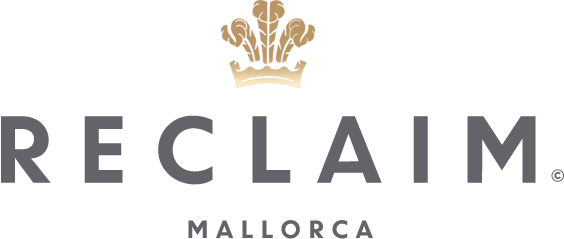
Where did the idea come from?
During my years of travelling one thing I would always do is pick up scraps of fabric so I ended up with lots of random bits from all around the world. So I was collecting fabrics without any real idea of why, I just had this junk pile.
Then during the 2008 financial crisis, following a health scare and taking up a job in a store I met a saddle maker in my neighbourhood called Pep who was having a really hard time and was in a financial mess. I would go and sit at his workshop and just talk with him, you could just tell he was very good at his craft. One day I could tell he was down and I asked him Pep, what’s going on? And he tells me that work is drying up, he’s really struggling to pay his bills, and that he’s going to have to sell my horse. So I was sitting there, looking around his workshop and he had tons of broken horse tack stacked up in this workshop. I start thinking hang on there must be something we can do with all this. With the pile of fabric that I had collected over the years, it struck me that we could do something with them both.
Then at 4 am one morning, I woke up bolt upright with the idea to make bags, well that’s it we can make products out of fabric and leather, and it fits with my goal of working in something sustainable. That is the basic way that Reclaim was born, it was the very germ of the idea.
When did you take this idea and turn it into a company?
It wasn’t until 2014 that I set up my first company. Then it turned from a hobby project to right now we need to turn it into a proper brand and company, start looking for external financing and really make it an entity that can make a difference.
How did you create a product?
Very organically at the beginning because I didn’t have a big budget behind me, to begin with, it was more about trying to solve Pep’s problem than anything else then it evolved to realising it could solve a much bigger problem. In the beginning, I would go to his workshop after work and start sewing things by hand, he would do all of the leather cutting and I would deal with all the fabric and between us we would kind of botch together these bags. It wasn’t a very developed product I would take an old military sack, close the end of it, cut a hole in the middle, line it with some beautiful fabric then add some leather accents to it but it was quite rough.
At that time I was working in a store and I would take the products that I made and put them in the store, now I realise it was a very good period for market research. I would have it in the store and all these people would be picking it up and talking about it, none of them knew it was mine and I would never tell them so I would get genuine feedback about what they liked and didn’t like and how to improve the product. The product then developed during that time, I was making 2 or 3 bags a month by hand, learning more about the process while refining and improving the product.
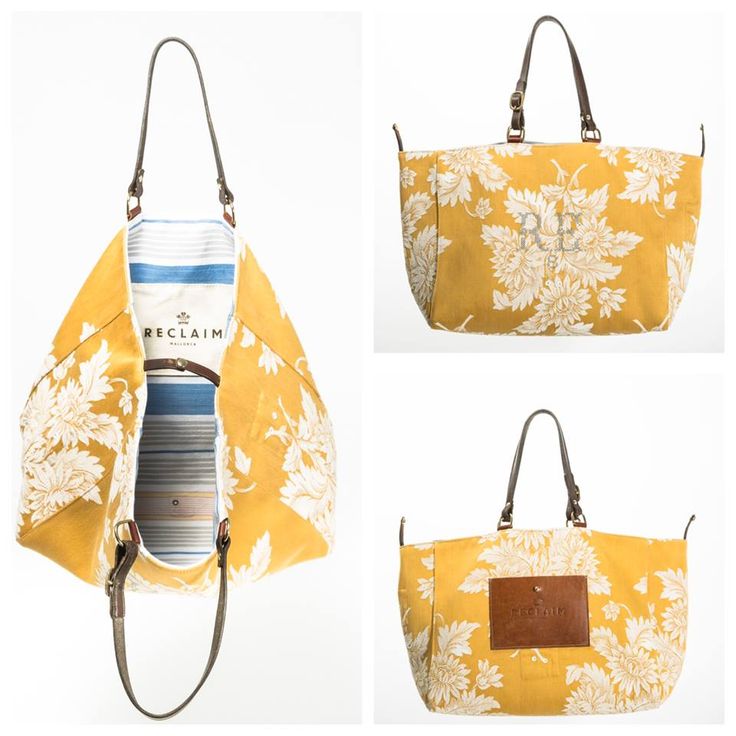
What was your motivation?
I always had a big sense of urgency with the work I was doing especially when the 2009 IPC report came out basically telling us that we had 15 years left to turn this ship around or we were screwed. I was noticing that there was a lot of talk around sustainability but very little action, I needed to feel that I was actually doing something.
I always had this north star, I had a lot of realisations during crazy experiences. For example, when I was sailing I would get stuck in tornados and thinking I was going to die, those kinds of experiences really make you take a long hard look at your life and you think what’s the legacy I’m leaving here? So over the years it always made me realise I need to bring this seed of sustainability that was planted in me as a child and I need to plant that seed in lots of other people and help move the world towards sustainability. We have to rebuild society from the ground up, everything that we’re doing at this point needs an overhaul.
How did you build your brand?
Everything needs to be built in a way for planet Earth and humanity to thrive otherwise we’re not going to survive. So pulling on all those threads I thought, how can I manifest this into a company that shows people the way that we should go? I’m only going to be a small grain of sand in the whole battle but at least be a guiding light to those who want to follow me in fashion, so that’s when I started coming up with more of a branding idea around Reclaim and how to build the company in a way that was a physical manifestation of my beliefs.
What would you do differently?
I underestimated the strain I would put myself under by bootstrapping it. The only thing I would have done differently is take on some early-stage financing because I had a lot of offers in the beginning, none of them were right and we often didn’t agree on the course of action.
Money has never been my guiding star, my guiding star has been CO2 reduction, waste reduction and leaving a legacy. There obviously comes a point where the company has to become financially viable but it’s that question of maintaining your integrity and not just jumping on the first person that comes in tons of money and loads of ideas that take you off your path. I had many offers that I turned down because Reclaim would have become like any other brand that is mass-producing in a country where labour laws are terrible, that to me is the old way of doing business which is competition and cutthroat. The new way of doing business is collaboration and doing right for the world.
How did you identify your target audience?
It wasn’t quite as structured as it should have been. When Reclaim was set up it was just when all of the social media was starting to kick off and because of this we were one of the early adopters of Instagram, and through this we received a lot of attention from the glossy press like Tatler, Finacial Times and Town & Country, all these kind of publication actually approached us. All of them liked the idea of a luxury brand that was sustainable. From one feature in the FT we actually made $12,000 overnight online.
When we first started I don’t know of a brand that was putting luxury and sustainable together.
What advice would you give someone trying to build a brand in luxury retail?
Instead of scattering, try and focus as much as you can on one thing. So for example, if you don’t have money to invest in sales then at least take the time and money to make sure your product is absolutely 100% fantastic because it is much easier to approach people when you have a fully developed product. Nowadays the social media landscape has grown so much that is you have an incredible product you can actually do so much, seeding it out to influencers and journalists
Focus on getting your product and brand completely stellar and then seeding it out to as many people as you can.
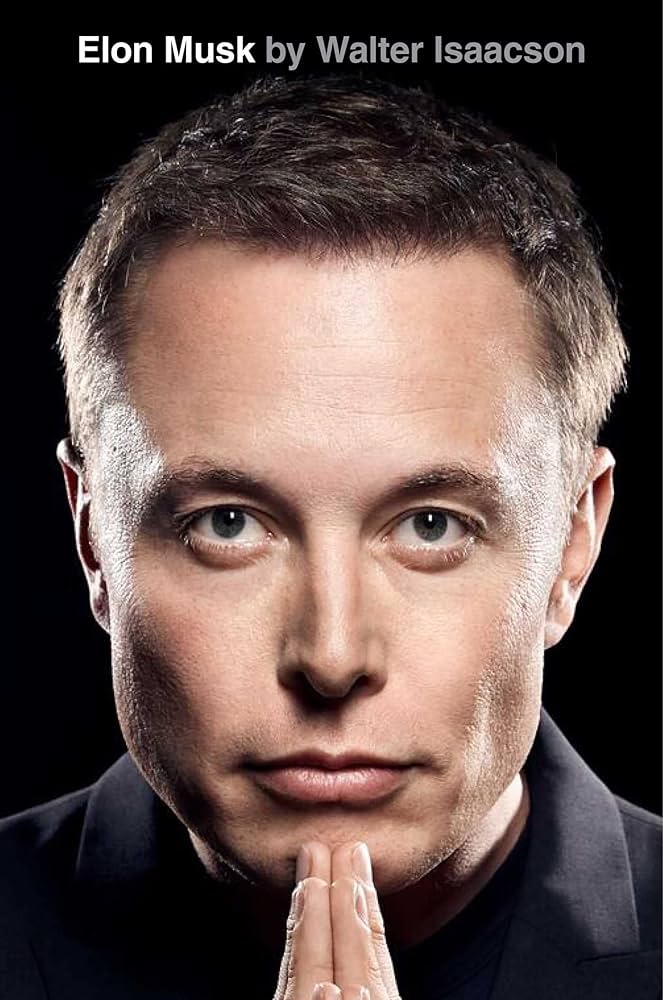
Favourite Book
Elon Musk by Walter Isaacson
Heroes
Kris & Doug Tompkins – Founders of The North Face. If ever I am at a crossroads I think about what they would do.
In terms of pushing the needle forward on moving the human race into the age of sustainability or better said thrivability, I know this is a controversial one a lot of people hate him but Elon Musk because love him or hate him he has pushed us so far forward in renewable energy, electric cars, space travel all the things that will actually help us to survive as a human race he’s been the one to push the needle on that more than anyone else.
